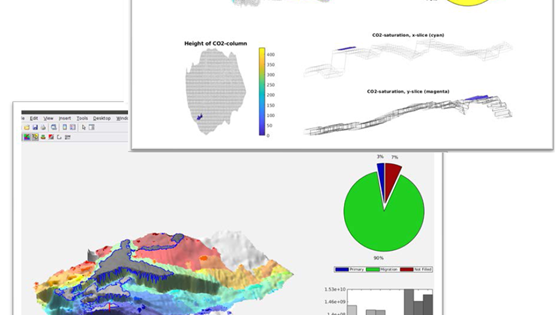
MRST-co2lab
MRST-co2lab offers a set of open-source simulators and workflow tools that have been specially designed for the study of long-term, large-scale storage of CO2.

Our research group has been at the forefront of developing tailored numerical methods and open-source tools for modeling CO₂ storage since the early 2000s. We focus on models that offer both physical fidelity and computational efficiency to simulate long-term plume migration, trapping, pressure buildup, and rock deformation. Our methods are grounded in advanced mathematical formulations, robust discretization schemes, and practical solver strategies.
We support the full modeling workflow: from concept development and rapid prototyping to industrial-scale deployment and use in real projects. Our work combines deep knowledge of applied mathematics, numerical analysis, and subsurface physics. (We discuss the basics of CO₂ modeling on a separate page).
We maintain and develop MRST-co2lab, a widely used open-source module for the MATLAB Reservoir Simulation Toolbox (MRST). The tool is designed to study CO₂ storage at large spatial and temporal scales and offers a wide set of features, including:
MRST-co2lab is both a research framework and an educational tool and has been used in academic, industrial, and regulatory settings to explore long-term storage performance, uncertainty, and risk.
Some of the tools from MRST-co2lab have later been published by MathWorks as the MATLAB Carbon Sequestration Model. MRST also offers conventional simulation tools based on 3D black-oil or compositional modelling. These have been combined with multilayered vertical-equilbrium models to give hybridized methods in the hybrid-ve module.
Geomechanics is a critical aspect of safe and reliable CO₂ storage, especially when assessing caprock integrity, fault reactivation, or pressure buildup in the storage formation. We have developed and applied coupled flow–geomechanical models to simulate how injection affects stress and deformation in the subsurface. This includes both fully coupled virtual element (or finite-volume) methods and simplified approaches that allow efficient screening of large-scale storage scenarios.
Our work spans the development of discretization methods and solvers, implementation of robust algorithms, and application to realistic field cases—often in collaboration with national and international partners. These capabilities allow us to analyze how pressure changes from injection impact mechanical stability and containment.
For detailed 3D flow modeling, we also rely on the open-source simulators OPM Flow and JutulDarcy:
Both simulators are distributed under open-source licenses—GPL v3 for OPM Flow and MIT for JutulDarcy—which means they incur no license fees. This makes them ideally suited for running large model ensembles in cloud environments, supporting workflows such as uncertainty quantification, history matching, and optimization. Their open and transparent codebases also promote reproducibility, scalability, and extensibility in research and industrial applications.
We are strong advocates of open science for CO₂ storage. Our group developed key infrastructure for the CO2DataShare portal and played a leading role in the 11th SPE Comparative Solution Project—serving as organizers, early-access reviewers, contributors of simulation results (through the OPM and SINTEF teams), and creators of the SPE11-at-a-glance portal. We also published the Johansen dataset, helped revise understanding of the original Sleipner benchmark model, and extended MRST-co2lab to provide access and analysis of data from the Norwegian CO₂ Atlas. These initiatives foster transparency, reproducibility, and collaborative progress through shared data and benchmarks.
Our numerical models and software have been used for:
Our simulation frameworks have contributed to national and international research projects and are regularly used in public reports, academic publications, and industrial studies.
We have recently expanded our modelling activities to include simulation capabilities for carbon capture processes, including direct air capture and adsorption-based technologies. Adsorption processes are promising due to lower equipment and sorbent costs and reduced energy consumption for regeneration compared to more conventional capture methods. However, they remain challenging to scale to industrial levels, and their successful deployment requires reliable and versatile simulation tools for process development and optimization.
To address this, we have developed an open-source simulation and optimisation framework for adsorption-based CO2 capture called MoCCa (MOdelling for Carbon Capture), written in the Julia programming language. MoCCa provides a fast and flexible platform for simulating and optimising adsorption processes and is built on our in-house Julia packages, Jutul.jl and JutulDarcy.jl, which support fully implicit, nonlinear solvers and porous media flow simulations. We are currently preparing to release MoCCa publicly and make it freely available via GitHub and the Julia package manager, thus enabling easy installation and integration with other Julia tools for automatic differentiation, optimization, and visualization.
A key contribution is our leadership of Work Package 1.3: Hybrid-AI for Capture within the Capture Mission Area of the Norwegian gigaCCS Centre, a national research center dedicated to accelerating innovation across the full CCS value chain. The aim of this work package is to enhance existing simulation and optimization models to enable rapid design, efficient process integration, and robust operation of capture systems. By combining physics-based process models with data-driven and AI-enhanced components, we seek to fast-track the deployment of capture technologies and support scale-up from lab to industrial implementation.
We work closely with industrial and academic partners to push the boundaries of CO₂ storage simulation. Our team contributes to joint projects, public tools, and cross-sector innovation efforts.

MRST-co2lab offers a set of open-source simulators and workflow tools that have been specially designed for the study of long-term, large-scale storage of CO2.

The Open Porous Media (OPM) initiative provides open-source software for simulation, upscaling and visualization of porous media processes, in particular subsurface reservoirs.

Experimental Julia framework for fully differentiable multiphysics simulators based on implicit finite-volume methods with automatic differentiation.

gigaCCS will create competitive CCS technologies, increase value, and reduce risk for industry and society through strategic competence and capacity building, supporting emissions reduction targets.
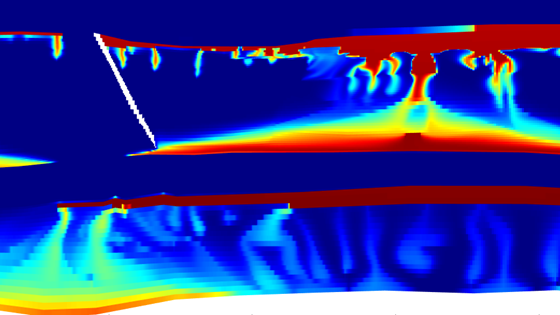
General purpose reservoir simulators created for oil and gas can be used for simulating CO2 storage scenarios. However, this can be cumbersome and requires significant expertise to perform correctly. The project improves on this by developing fit-for...

CO2 capture and storage (CCS) at scale will be critical for reducing the CO2 emissions and thereby reaching our climate targets. Sharing of reference datasets from pioneering CCS projects is essential to accelerate improved understanding, build...

NCCS will help Norway meet its obligations under the Paris Climate Agreement.
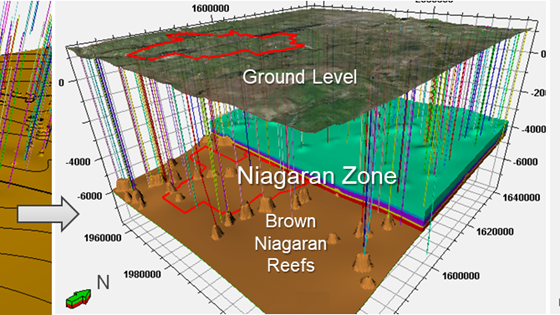
This project aimed to improve the measurement of in-situ geomechanical stress in deep subsurface geologic formations for CO2 storage. The objectives were to develop a method for estimating stress away from and between wells and demonstrate it in a...
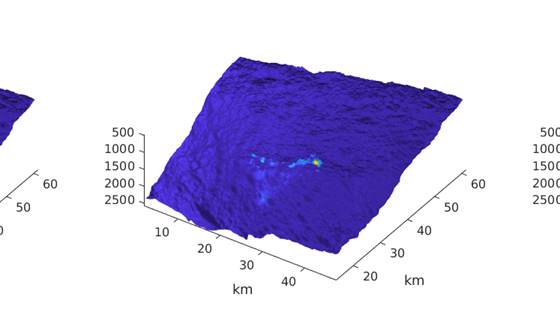
The CO2-Upslope project focuses on studying the potential for migration-assisted CO2 storage in sloping, open aquifers. In such aquifers, there may be no single large trap, but CO2 is slowly migrating upwards in the aquifer, and gradually depleted by...
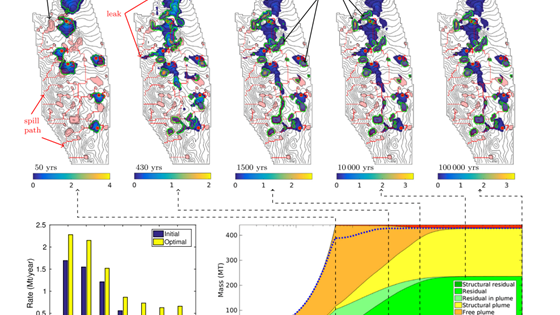
For CO2 capture and storage to play a relevant role in the reduction of European emissions, activities need to be scaled up significantly from what we are doing today. This will require good estimates on how much CO2 can be practically and safely...
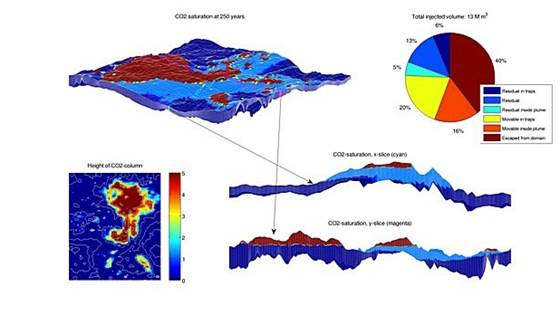
The open-source numerical CO2 laboratory developed in MRST offers a flexible research and educational platform for modeling and simulation of geological storage of carbon dioxide. The laboratory constitutes of a large set of tools that simplify the...